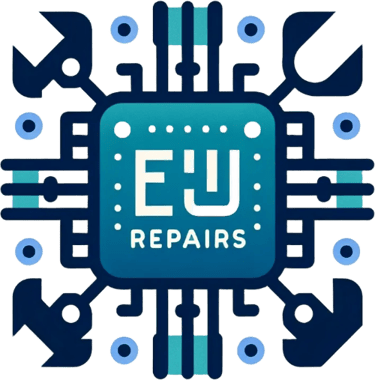Quality Repairs
You didn’t come this far to stop.
Automotive software and electronics play a crucial role in the modern automotive industry. Let’s explore why companies should consider investing in this field:
Software and Electronics Growth: The automotive software and electronics market is expected to grow dynamically. By 2030, it is estimated to reach USD 469 billion, outpacing the overall automotive market growth rate of 3%1. This growth is driven by factors such as autonomous driving, connected vehicles, electrification, and shared mobility.
Autonomous Driving and Sensors: As vehicles become more autonomous, they rely heavily on sensors and powerful computer systems. These components require sophisticated electronics for accurate data processing and decision-making2.
Convergence of Electronic Control Units (ECUs): The convergence of ECUs is creating new opportunities for domain controllers. These controllers manage various functions within the vehicle, leading to a new market segment1.
Separation of Hardware and Software: The separation of hardware and software is reshaping sourcing models. Software companies are engaging with automakers as tier-one suppliers, expanding beyond features and apps into operating systems3.
New Partnerships and Cooperation Models: Companies are forming partnerships to address software- and electronics-related challenges. Collaboration across traditional boundaries is essential for success in this evolving landscape1.
In summary, investing in automotive software and electronics is essential for staying competitive, meeting industry trends, and delivering innovative solutions to customers. Whether it’s improving safety, enhancing user experience, or enabling new features, these technologies are at the heart of the automotive revolution
Future Proof:
Hydrogen-powered vehicles are emerging as a promising solution in the automotive industry, alongside electric cars. Let’s explore the potential of hydrogen and its role in the future:
Hydrogen vs. Batteries:
Hydrogen is the lightest element and, when combined with oxygen, produces only water and abundant energy. Some automotive executives believe it could dethrone batteries as the technology of choice for zero-emission driving.
Toyota is a vocal proponent of hydrogen, with its Mirai being one of the few widely available hydrogen-powered cars. BMW also recognizes hydrogen’s importance, even as it invests heavily in battery technology.
Hydrogen offers advantages such as quick refueling, higher payloads, and longer range1.
Hydrogen Production:
Most hydrogen today is produced by splitting carbon from methane, which emits carbon.
Green hydrogen, produced through electrolysis using clean electricity, avoids carbon emissions by splitting water into hydrogen and oxygen.
Fuel Cells and Electric Motors:
Hydrogen can be burned directly or used in a fuel cell. In a fuel cell, hydrogen reacts with oxygen (using a catalyst) to generate electricity that powers an electric motor.
Fuel cells provide rapid refueling and potential benefits for heavy-duty vehicles.
2050 Vision and Milestones:
The Hydrogen Council estimates that up to one in 12 cars sold in California, Germany, Japan, and South Korea could be powered by hydrogen by 2030 if infrastructure and production efforts are scaled up.
In summary, while electric cars dominate discussions, hydrogen remains a contender. Its unique properties and potential for zero-emission mobility make it an exciting avenue for the automotive future
Satisfied Customers
Great service! They fixed my ECU quickly and efficiently.
Highly recommend! They repaired my ABS module and it works like new.
Excellent work! They fixed my air bags and saved me a lot of money.
